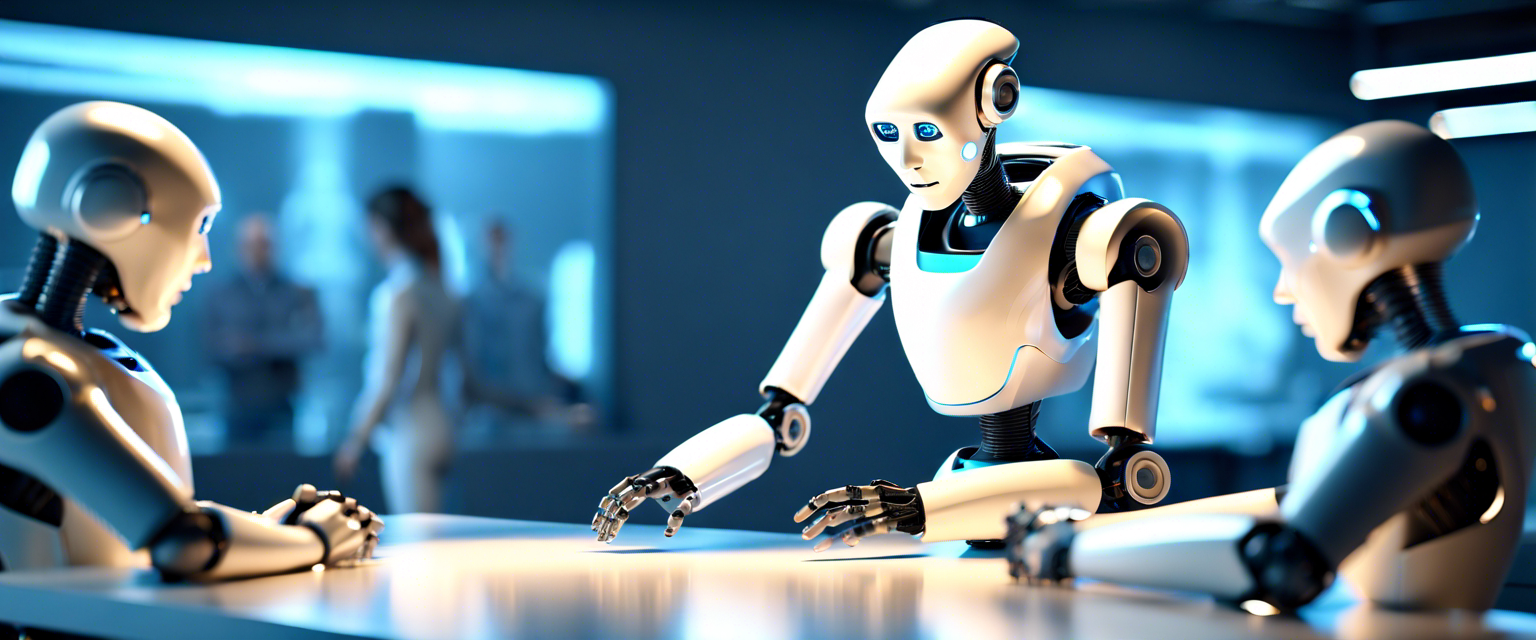ChatGPT is an advanced artificial intelligence (AI) technology developed by OpenAI that has had a profound impact on society in recent years. With its ability to generate human-like responses to text-based prompts, ChatGPT has the potential to transform the way we communicate, create content, and interact with technology. In this article, we will explore the history of ChatGPT, its potential applications, and the impact it has had on society.
Table of Contents
History of ChatGPT
ChatGPT is the result of years of research and development in the field of AI. OpenAI, the organization behind ChatGPT, was founded in 2015 with the goal of advancing artificial intelligence in a safe and beneficial way. The organization is backed by some of the most prominent figures in the tech industry, including Elon Musk and Peter Thiel.
In 2018, OpenAI released the first version of its language model, called GPT-1 (Generative Pre-trained Transformer 1). This model was trained on a large dataset of text and had the ability to generate coherent and contextually relevant text in response to prompts. However, its responses were often generic and lacked the nuance and creativity of human language.
In 2019, OpenAI released an updated version of the model, called GPT-2. This model was trained on an even larger dataset of text and was able to generate highly coherent and human-like text in response to prompts. The release of GPT-2 caused a stir in the tech community, with some experts expressing concern over the potential misuse of the technology.
In response to these concerns, OpenAI initially limited access to GPT-2, but later released a smaller version of the model for public use. This version, called GPT-2 117M, has since been used in a variety of applications, including language translation, content creation, and chatbot development.
In 2020, OpenAI released an even more advanced version of the model, called GPT-3. This model was trained on an unprecedentedly large dataset of text and has the ability to generate highly coherent and nuanced text in response to prompts. GPT-3 has been hailed as a major breakthrough in the field of AI and has the potential to transform a wide range of industries.
Potential Applications of ChatGPT
The potential applications of ChatGPT are vast, ranging from language translation and summarization to content creation and chatbot development. Here are some of the most notable applications of the technology:
- Language translation: ChatGPT can be used to translate text from one language to another with remarkable accuracy. This technology has the potential to break down language barriers and facilitate communication between people from different countries and cultures.
- Summarization: ChatGPT can be used to generate summaries of long texts, such as news articles or academic papers. This can save time and resources for people who need to quickly understand the main points of a text.
- Content creation: ChatGPT can be used to generate high-quality content, including articles, essays, and even fiction. This technology has been especially useful in journalism, where it has been used to create summaries of news articles or generate articles based on data-driven analysis. It can also be used to create content for marketing and advertising purposes, which can save time and resources for companies looking to produce high-quality content quickly.
- Chatbots: ChatGPT has been used to develop chatbots that can engage with customers and provide support in a variety of industries, including healthcare, finance, and retail. These chatbots can help customers with routine inquiries and provide personalized assistance, which can improve customer satisfaction and reduce the workload of customer service representatives.
Impact of ChatGPT on Society
Positive Impact
- Improved Communication: ChatGPT has the potential to revolutionize the way we communicate with one another. Its language translation capabilities can help bridge the communication gap between people who speak different languages. Additionally, it can be used to generate more accurate and personalized responses to customer inquiries, which can improve customer satisfaction.
- Increased Efficiency: ChatGPT has the potential to automate routine tasks, such as customer service inquiries and content creation. This can save time and resources for businesses, allowing them to focus on more important tasks. It can also improve efficiency in healthcare, where chatbots powered by ChatGPT can assist with patient inquiries and scheduling.
- Access to Information: ChatGPT can be used to generate summaries of long texts, such as news articles or academic papers. This can make information more accessible and easier to understand for people who may not have the time or expertise to read through lengthy documents.
- Advancements in AI: The development of ChatGPT has led to significant advancements in the field of artificial intelligence. It has paved the way for more sophisticated language models and has inspired research in related fields such as natural language processing and machine learning.
Negative Impact
- Misinformation: While ChatGPT can generate highly coherent and nuanced text, it is important to note that it is still an artificial intelligence system and is only as good as the data it is trained on. This means that if it is trained on biased or inaccurate data, it has the potential to generate misinformation or biased responses.
- Job Displacement: The increased use of ChatGPT-powered chatbots and automation could lead to job displacement for customer service representatives and content creators. While this could result in cost savings for businesses, it could also have negative impacts on the workforce.
- Ethical Concerns: The development of ChatGPT has raised ethical concerns around the use of AI. There are concerns around the potential misuse of the technology, particularly in areas such as disinformation campaigns and propaganda.
- Privacy Concerns: ChatGPT relies on vast amounts of data to generate responses. This raises concerns around privacy and data protection, particularly if the data being used is personal or sensitive in nature.
Conclusion
In conclusion, ChatGPT has made a significant impact on society, both positive and negative. While it has the potential to revolutionize the way we communicate and interact with technology, it is important to consider the potential negative impacts and address them proactively. It is also important to ensure that the development and use of ChatGPT and other AI technologies are guided by ethical principles to ensure their safe and beneficial use. Overall, the development of ChatGPT has paved the way for exciting advancements in AI and has the potential to positively impact society in the years to come.




